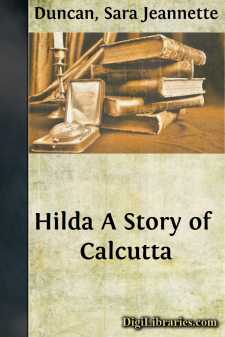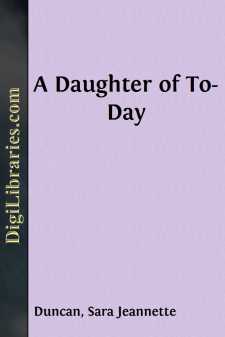Categories
- Antiques & Collectibles 13
- Architecture 36
- Art 48
- Bibles 22
- Biography & Autobiography 816
- Body, Mind & Spirit 145
- Business & Economics 28
- Children's Books 17
- Children's Fiction 14
- Computers 4
- Cooking 94
- Crafts & Hobbies 4
- Drama 346
- Education 58
- Family & Relationships 59
- Fiction 11834
- Foreign Language Study 3
- Games 19
- Gardening 17
- Health & Fitness 34
- History 1378
- House & Home 1
- Humor 147
- Juvenile Fiction 1873
- Juvenile Nonfiction 202
- Language Arts & Disciplines 89
- Law 16
- Literary Collections 686
- Literary Criticism 179
- Mathematics 13
- Medical 41
- Music 40
- Nature 179
- Non-Classifiable 1768
- Performing Arts 7
- Periodicals 1453
- Philosophy 66
- Photography 2
- Poetry 897
- Political Science 203
- Psychology 45
- Reference 154
- Religion 516
- Science 126
- Self-Help 85
- Social Science 82
- Sports & Recreation 34
- Study Aids 3
- Technology & Engineering 59
- Transportation 23
- Travel 463
- True Crime 29
Our website is made possible by displaying online advertisements to our visitors.
Please consider supporting us by disabling your ad blocker.
The Imperialist
Description:
Excerpt
CHAPTER I
It would have been idle to inquire into the antecedents, or even the circumstances, of old Mother Beggarlegs. She would never tell; the children, at all events, were convinced of that; and it was only the children, perhaps, who had the time and the inclination to speculate. Her occupation was clear; she presided like a venerable stooping hawk, over a stall in the covered part of the Elgin market-place, where she sold gingerbread horses and large round gingerbread cookies, and brown sticky squares of what was known in all circles in Elgin as taffy. She came, it was understood, with the dawn; with the night she vanished, spending the interval on a not improbable broomstick. Her gingerbread was better than anybody's; but there was no comfort in standing, first on one foot and then on the other, while you made up your mind—the horses were spirited and you could eat them a leg at a time, but there was more in the cookies—she bent such a look on you, so fierce and intolerant of vacillation. She belonged to the group of odd characters, rarer now than they used to be, etched upon the vague consciousness of small towns as in a way mysterious and uncanny; some said that Mother Beggarlegs was connected with the aristocracy and some that she had been "let off" being hanged. The alternative was allowed full swing, but in any case it was clear that such persons contributed little to the common good and, being reticent, were not entertaining. So you bought your gingerbread, concealing, as it were, your weapons, paying your copper coins with a neutral nervous eye, and made off to a safe distance, whence you turned to shout insultingly, if you were an untrounced young male of Elgin, "Old Mother Beggarlegs! Old Mother Beggarlegs!" And why "Beggarlegs" nobody in the world could tell you. It might have been a dateless waggery, or it might have been a corruption of some more dignified surname, but it was all she ever got. Serious, meticulous persons called her "Mrs" Beggarlegs, slightly lowering their voices and slurring it, however, it must be admitted. The name invested her with a graceless, anatomical interest, it penetrated her wizened black and derisively exposed her; her name went far indeed to make her dramatic. Lorne Murchison, when he was quite a little boy was affected by this and by the unfairness of the way it singled her out. Moved partly by the oppression of the feeling and partly by a desire for information he asked her sociably one day, in the act of purchase, why the gilt was generally off her gingerbread. He had been looking long, as a matter of fact, for gingerbread with the gilt on it, being accustomed to the phrase on the lips of his father in connection with small profits. Mother Beggarlegs, so unaccustomed to politeness that she could not instantly recognize it, answered him with an imprecation at which he, no doubt, retreated, suddenly thrown on the defensive hurling the usual taunt. One prefers to hope he didn't, with the invincible optimism one has for the behaviour of lovable people; but whether or not his kind attempt at colloquy is the first indication I can find of that active sympathy with the disabilities of his fellow-beings which stamped him later so intelligent a meliorist....








